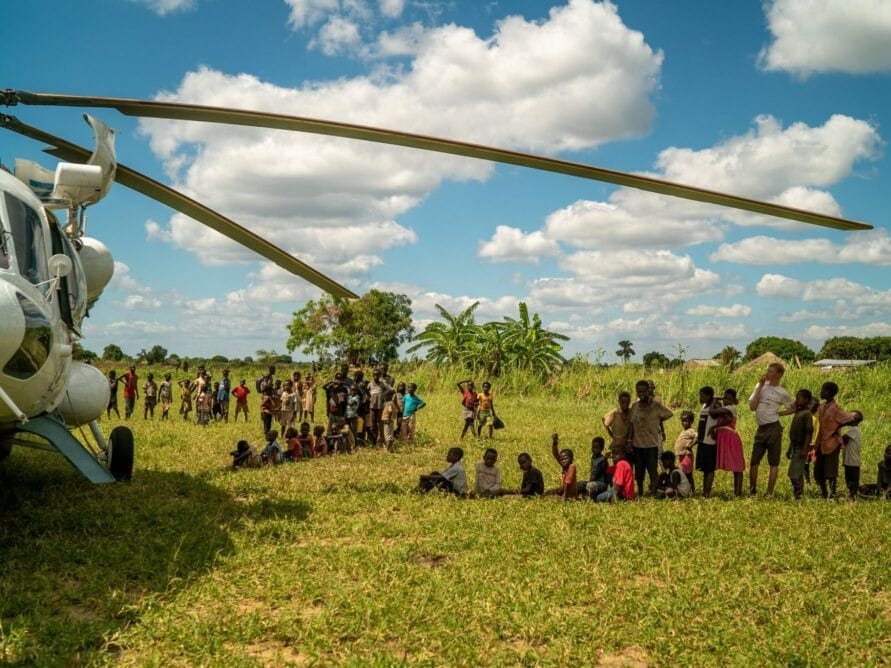The two cyclones that tore into Mozambique over the past two months affected 1 million children and damaged or destroyed 400 schools.
More than 120,000 children were affected by Cyclone Kenneth, the strongest storm Mozambique has ever recorded, the U.N. children's agency said on Friday.







